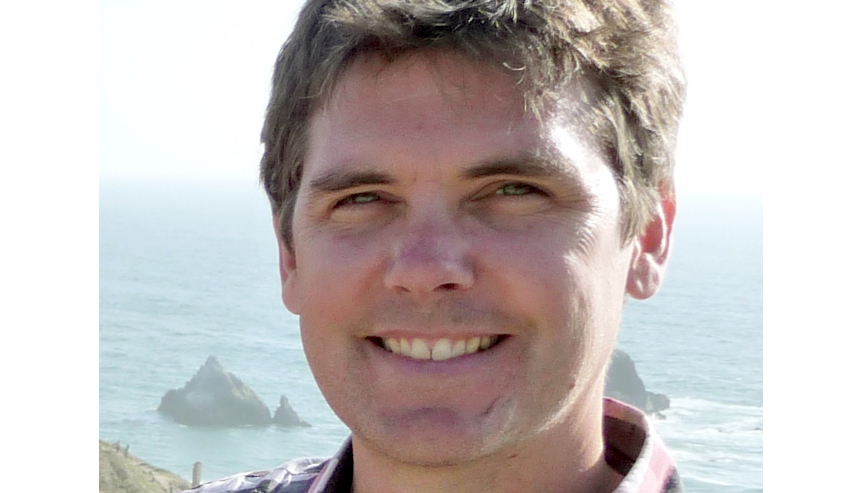
Jay Johnson leads a national study into the hazing culture at Canadian universities
Hazing in sport: Informing policy across North America
WHO: Jay Johnson, associate professor in the Faculty of Kinesiology and Recreation Management.
WHAT: Johnson’s research examines the culture of sport hazing and initiations. He also looks at possible alternatives to these abusive practices, such as high ropes courses and outdoor education programs. Johnson has delivered countless talks on the subject to community groups across North America—including fraternities and sororities—and his research has provided the foundation for developing and implementing sport policy and education. A three-year study now in progress zeroes in on the culture of hazing in athletics at Canadian campuses. Johnson is leading a team of select North American hazing researchers on a comprehensive study of the first national investigation of hazing culture in sport across Canada, focusing on men and women’s athletics in university.
THE GOAL: “To highlight systemic abuse, harassment and injustice embedded in our sport structures, organizations and practices,” says Johnson. “To draw attention, to educate and to work towards changing those cultures so that the promise of the articulated benefits of sport participation is recognized for all and not a privileged few.”
WHY IT’S IMPORTANT: “Given the recent high-profile hazing incidents that have occurred in North America—and more specifically in the Manitoba junior hockey system—my research and knowledge expertise continues to be relevant in the sport context,” he says. “It is incidents such as these that entrench my belief that university research can play a more prominent role in guiding and transforming community-based sport and recreation into positive, health-enhancing endeavours that respect the fundamental human dignity of coaches, officials and, perhaps most importantly, the athletes. Sadly, many of our sporting ventures fall short of this ideal.”
HIS INSPIRATION: “Really, this has been a 15 year ‘academic’ journey, but it started long before that when I was hazed onto a wrestling team in high school,” says Johnson.
THE IMPACT: “So even though in some circles it does persist, there is now the recognition that it is not to be tolerated, that families, administrations, coaches, athletes, organizations, media and the public alike work in tandem with that message. And that there is follow-through with sanctions and the legal system for those groups and individuals that, in the face of that support and understanding, choose to haze their new members,” says Johnson.
A MOMENT THAT MATTERED: “This fall, Carson Shields, a former victim of hazing on his hockey team, and current coach, received the 2014 our Heros Award here in Winnipeg Manitoba for being an advocate and agent of change for changing the culture of hazing through his work,” says Johnson. “This marks a significant sea change in the culture that surrounds teams that haze. Historically, the victims of hazing and those who chose to come forward and speak about the abuse they had to endure on their teams, were generally ostracized and treated as the ‘problem’. Quite often they would end up leaving the team, the sport and in some cases the school where they were hazed. To see Carson celebrated for being that individual who came forward and brought much needed attention to the specifics and details of what was going on, is significant, and needs to become the norm and not the exception. Game on!”
FUNDERS: The Socials Sciences and Humanities Research Council
LEARN MORE
Error thrown
Object of class WP_Error could not be converted to string






